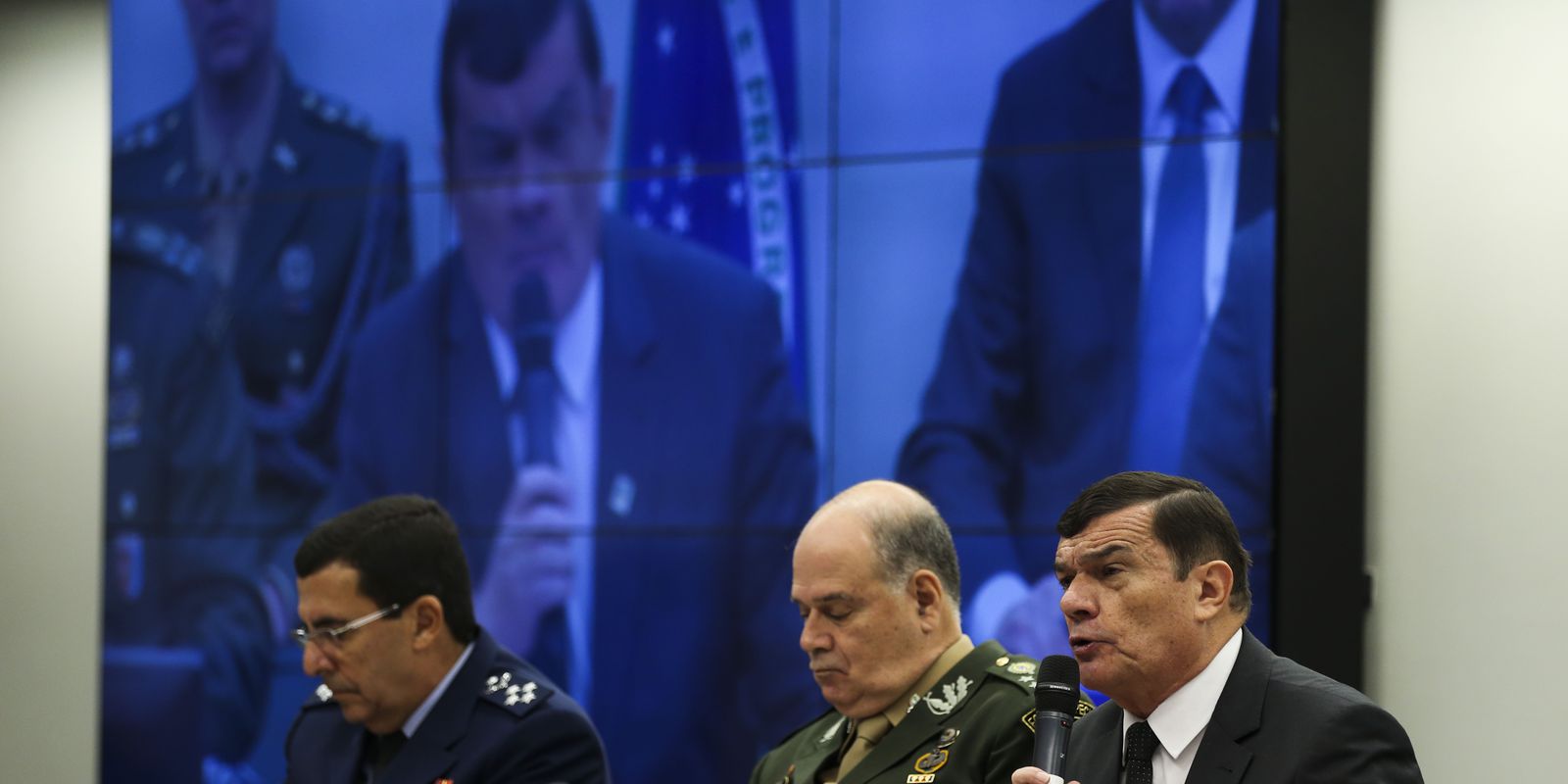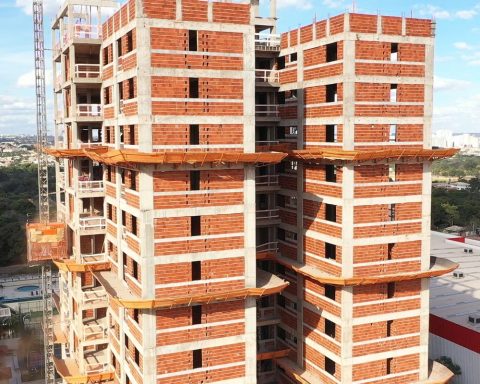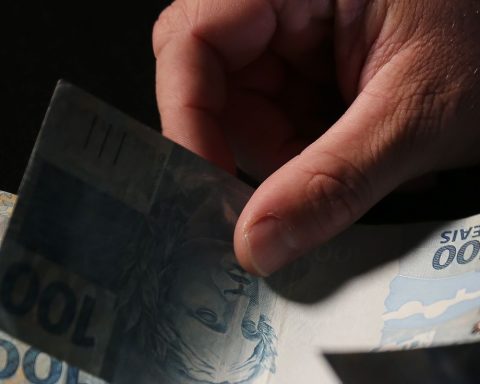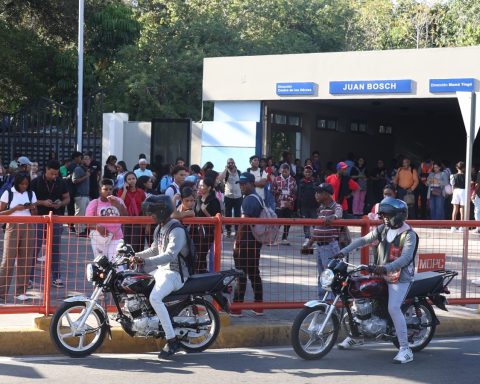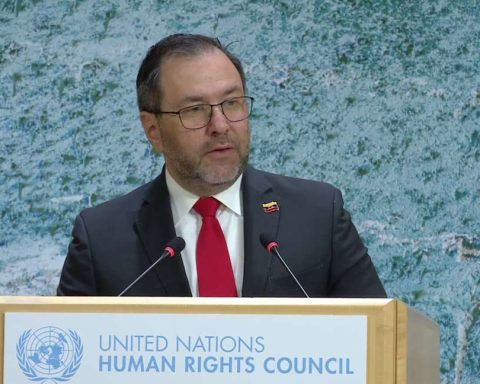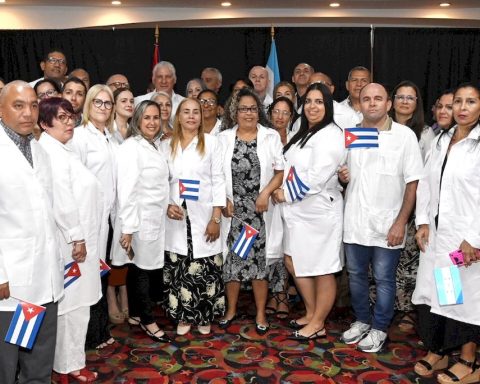The Defense Minister, General Paulo Sérgio Nogueira de Oliveira, said he did not question the credibility of the Brazilian electoral system, but returned to defend the need for what he called “improvements” in the use of electronic voting machines.
When participating in a public hearing held by the Foreign Relations Committee of the Chamber of Deputies, the minister said that no computerized system is inviolable. It was based on this belief that the Armed Forces accepted the invitation of the Superior Electoral Court (TSE) to participate in the Commission on Transparency in Elections that the Court created in September 2021.
“Invited by the TSE, we set up a technical team, with qualified people, engineers who know programming, so that we could help trying to improve the process [eleitoral]”, said the minister during his presentation. “There is no question about the electoral system. The Armed Forces were quiet in their corner when they were invited by the TSE”.
According to Oliveira, part of the 15 “technical” proposals that the military presented to the TSE only seek to “mitigate as much as possible the possibilities of cyber-attacks” and eventual failures “that could compromise the elections”. “Both the 2022 and subsequent elections,” added the minister.
“Don’t try to convince me that there is a system that doesn’t deserve improvement. We know that these electronic systems always need improvement. There is no program immune to attacks, [imune] to be invaded”, said the minister.
TSE
On more than one occasion, the Superior Electoral Court (TSE) refuted arguments about the possibility of election results being changed due to flaws in the electronic voting system. In July, the Court issued a note dealing specifically with the considerations already presented by the Ministry of Defence.
According to the TSE, the electronic voting machines used in Brazil, of the EU 2020 model, have encrypted and certified security modules that are superior to those defined by the National Institute of Information Technology (ITI), a federal agency linked to the Civil House of the Presidency of the Republic.
The Electoral Court also highlighted that the program (software) developed by the Electoral Justice itself, was submitted to public security tests during which no type of compromise or vulnerability to simulated attacks on the system was found.
“Furthermore, remember that, at any time, political parties are allowed to inspect all phases of the voting process and the counting of elections, as well as the electronic processing of the aggregation of results”, informs the TSE, in the note in which reaffirms to work “incessantly to guarantee clean, fair and safe elections”.
To clarify doubts about the security of the electoral process and to counter rumors, the TSE created a page with information on the technology used in the country for more than 25 years and which, according to the Court, “transformed the Brazilian electoral process”.
